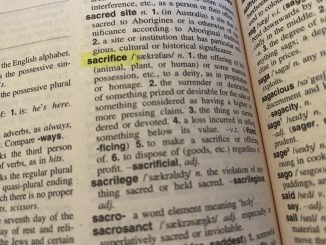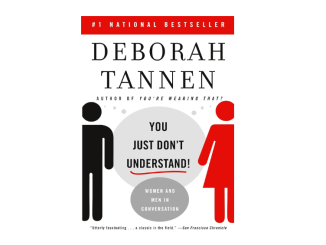As a relationship counsellor you start to see certain trends and similarities in the couples that present for support.
It seems to me, after years in the job, that although no two couples are exactly the same, there are four different basic types of couples and I wonder if your relationship might feel like any of these.
The first type of relationship is one that I don’t see in a professional capacity, they just don’t come in for help, but I do know that they exist as I have seen them in my life through family and friend circles (at least from the outside).
These couples are the ones that have a deep understanding and awareness of each other, they prioritize each other with ease but have their own lives as individuals as well.
They manage to negotiate their way through life together without really having to sacrifice (to any great degree) any of their needs and wants.
And when big decisions come they seem to have a great synchronicity that enables them to continue moving forward in a happy and healthy way.
The next couple is one that I see occasionally.
This couple is almost the same as couple one, they are typically happy and loving, and life is generally pretty good for them.
Where they differ though is that this couple does fight. Every month, three months, six months, whatever their frequency and depending on circumstances, they find themselves in the midst of a storm.
They get angry, maybe say a few hurtful things to their loved one, perhaps point out their partner’s failings, and maybe go a day or two not talking to each other.
But, this is where they excel, they manage to work it out and they almost always grow from the experience.
Their horrible and gut-wrenching period of dispute helps them open their eyes to things, they self-analyze and they promise to try harder and overcome the complaints their partner has raised.
In other words, there is a pay-off for the agony – relationship growth.
The next couple is the one that typically presents for relationship counselling.
They seem to be in a constant stalemate. They aren’t growing as a couple, they are just living day to day.
They fight, squabble, and argue over just about everything and anything (past, present and future issues) – and what’s worse, their agony (so the arguing and fighting) doesn’t actually get them anywhere.
It is a futile habit that they just can’t break out of.
They are slowly drowning, there is no mutual validation, and the fighting and arguing (although mostly because they want to make things better), just makes it all worse.
As individuals, they have run out of options in regard to how to be in this relationship, and more importantly how to improve it.
That’s because they have worked out (almost always subconsciously) that if they are too placid that is just a short-term fix.
If they are too directive it makes things worse, mostly immediately. And, if they try to compromise and be an adult, they often get disappointed because too much damage has been done over the years (the narrative of the relationship is so set and rigid).
And, of course, living in this type of relationship creates a huge amount of stress that leaves both people more emotional (fight or flight mode activated).
Finally, the other type of couple that often presents to couples counselling is one that is coping with a case of partner cheating.
They come to me to see if they can overcome the affair that has often just come to light.
Often, these people can’t really separate (or at least they really don’t want to) because of kids and other commitments.
Through the process of trying to help the couple work out where they are going (and if they can ever function as a couple again), it sometimes becomes evident that this couple, before the cheating, was like none of the couples listed above.
They genuinely thought they were the first couple, they thought everything was wonderful and that they were in a healthy relationship simply because they didn’t fight…ever!
It appears though that in my experience these couples were fairly surface-level, they weren’t growing and they weren’t developing depth and understanding of themselves and each other.
They weren’t really being honest with each other (but not necessarily consciously aware that was what they were doing).
Perhaps both people in the relationship were confrontation-avoidant. In other words, they would go out of their way to not show frustration or disappointment in their partner or the relationship.
Or, in many cases, one or both of the people were self-sacrificing and this means they not only couldn’t fight for their needs and wants, they buried those needs and wants deep down inside.
And, because they were doing everything they could to not do damage, they created a narrative that their needs and wants weren’t important.
These couples also often include a person (or people) with low self-esteem and low self-worth.
So, when temptation comes, it could be one of these issues, or a combination of these factors, that steers them down that path.
Again, no two couples are the same, but as I said, generally you can see different similarities in the issues that people present with.
If you find yourself in a difficult relationship I implore you to please try and do the work to make things better.
There are people like myself out there that do this day in and day out and sometimes what can be achieved is remarkable.



